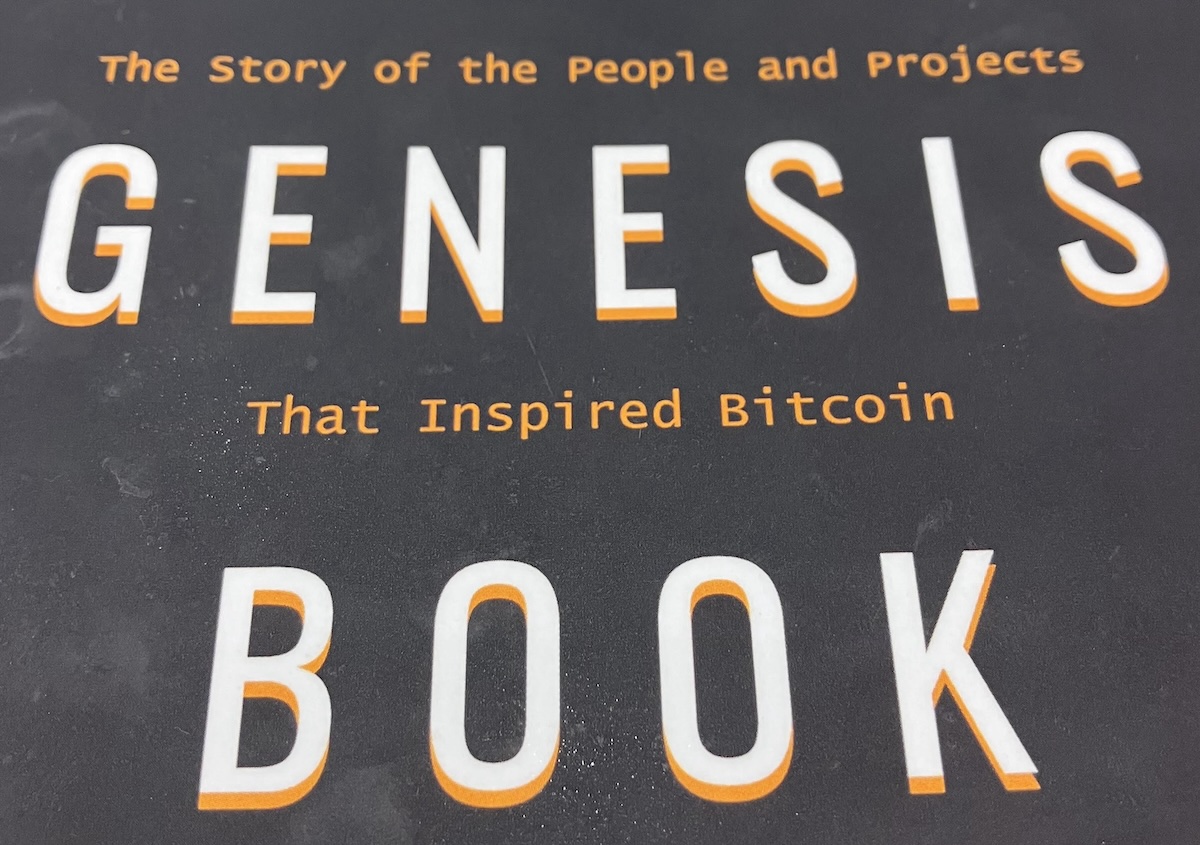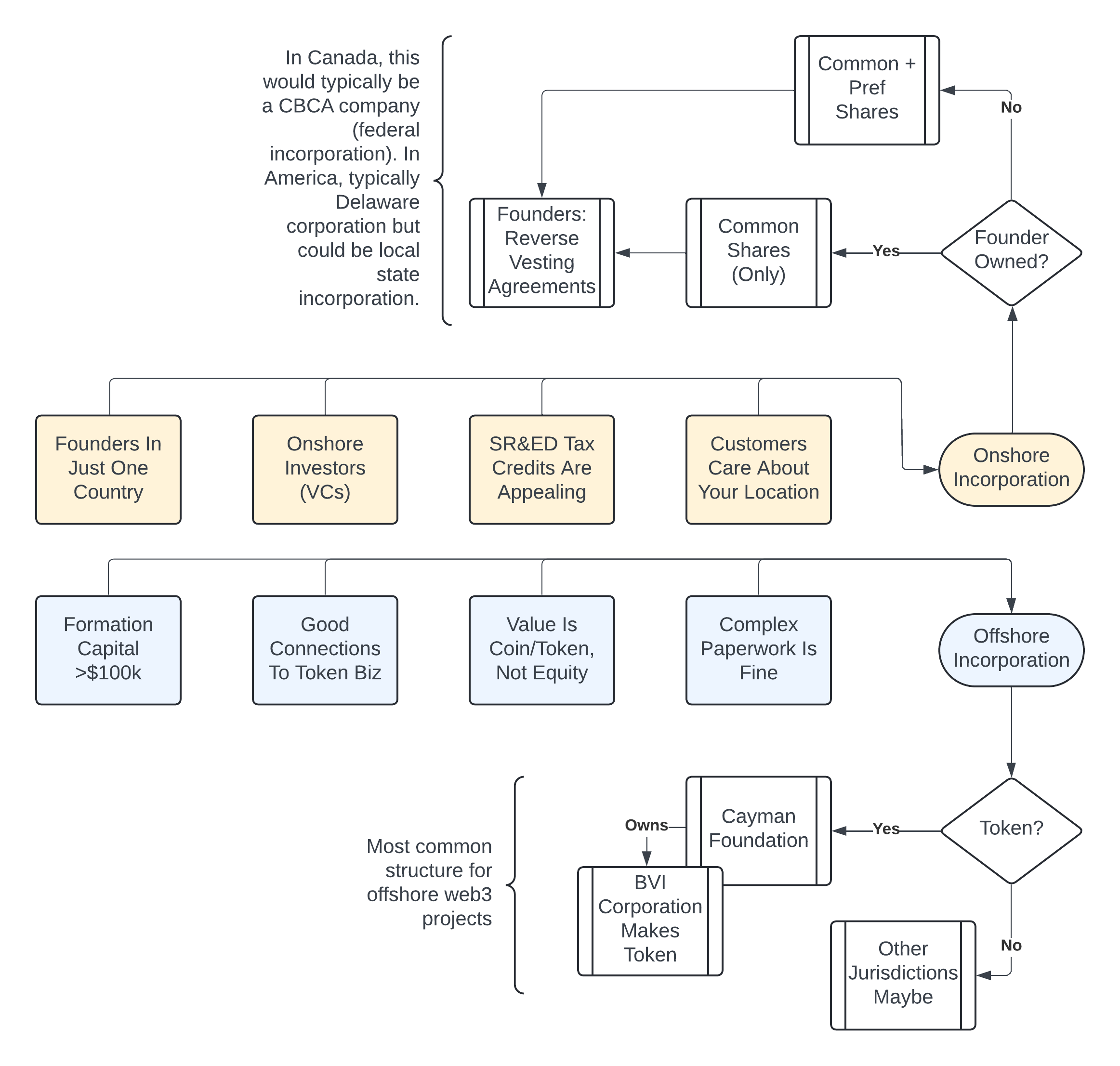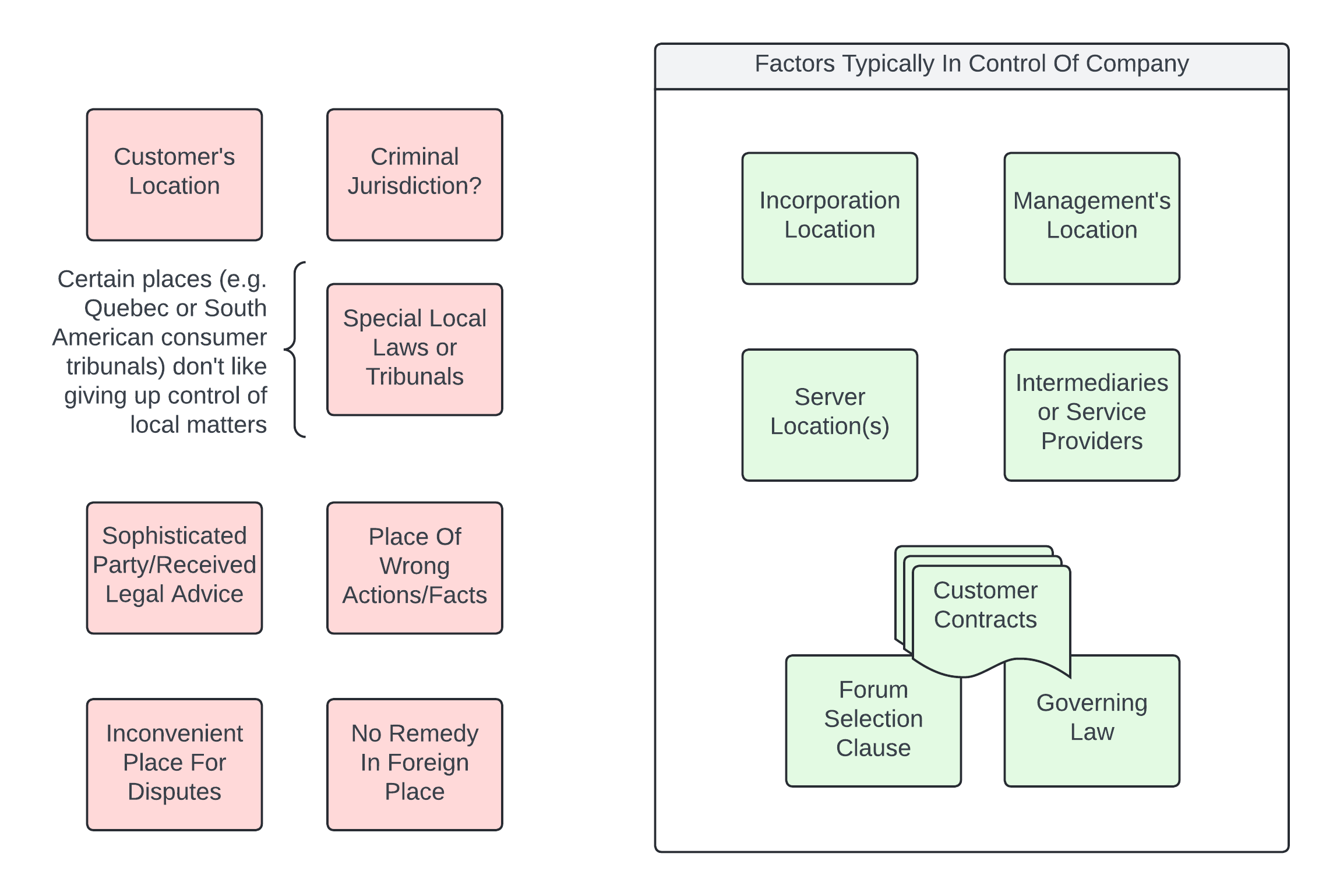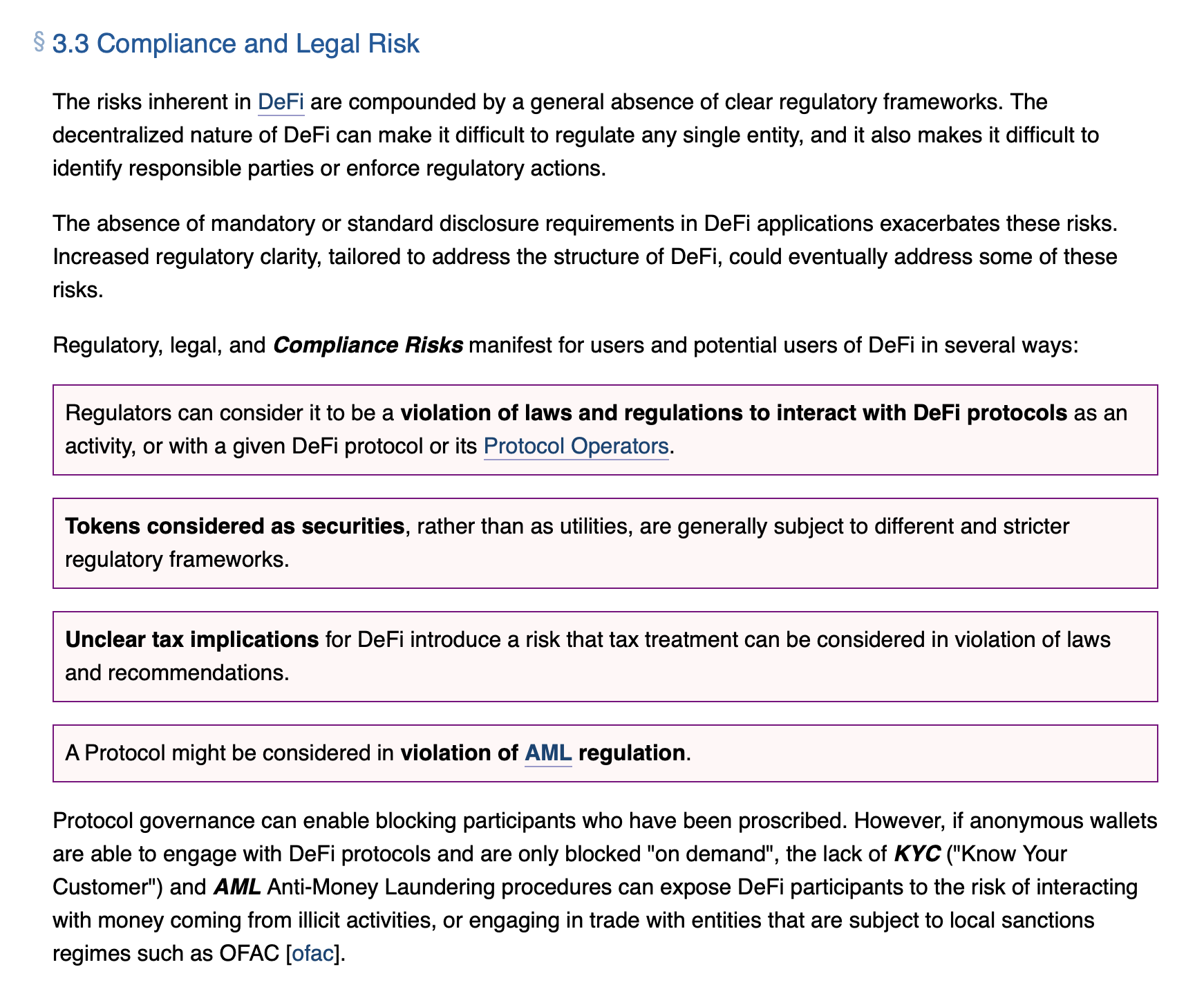Where are the opportunities for entrepreneurs in 2026? Below are opportunities that are worth tens if not hundreds of billions. In the crypto space, the best product is what wins out, rather than the ones with the most money or most government connections. A company with a few million dollars in investment can build a business that services hundreds of thousands of users, moving or saving billions of dollars a year. There's not many other industries where this kind of leverage and growth is possible, which is why 2026 will continue to attract investment and enterpreneurial spirit. The biggest areas I see, based on my clients and work in this space are:
1. Stablecoins






